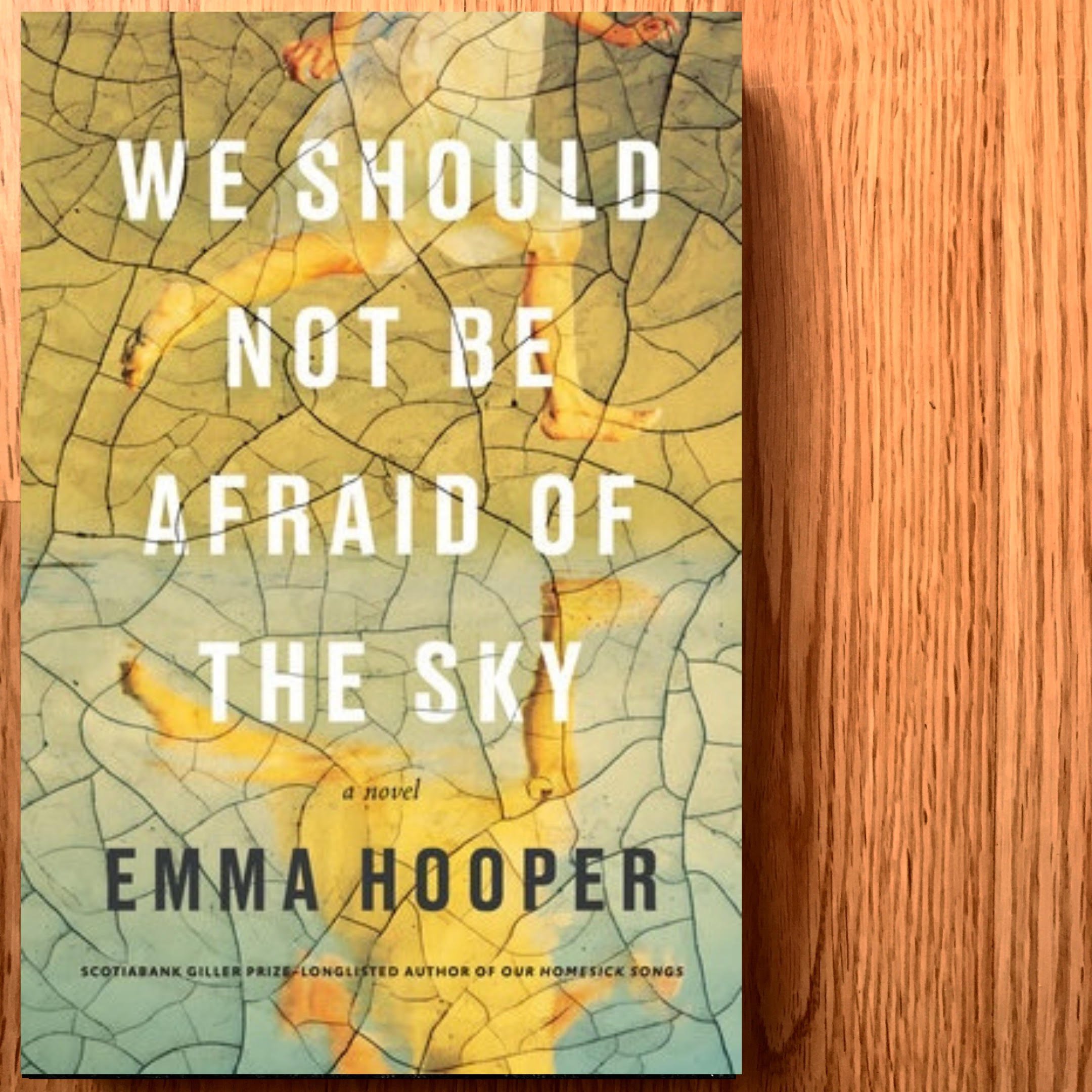By Larissa Page
In the age of the Roman Empire, in a small Portuguese village, nine identical sisters are born to the Commander’s wife. Nine births, nine sisters. In a possible misunderstanding, or a possible rebellion, the housemaid takes the girls and manages to find the ones who survived homes within the village, all taken in by the working families who harvest the lemons that grow on the lands. The sisters, identical, know they are kin even though they grow up with different adoptive families, and when the secret is revealed and a solider comes to take them back to the big house, their lives are forever changed.
We Should Not Be Afraid of the Sky takes place in approximately 180 AD, a time when the Romans were ruling a large empire and fighting against the “barbarians” and the “Christians” who had started to follow the word of Jesus, believing in a new religion and being persecuted. It is told from the perspective of five of the sisters, each with their own personality, beliefs, and experiences of the time and the events. In many cases we experience the same events, actions, and results but through different eyes, each sister having experienced things a different way.
I really enjoyed how each sister we heard from had their own distinct voice. We get almost a whole life story from each of the five, though always in different ways. For identical sisters, each one is very much their own person—some are leaders, others followers; some are loud, others quiet; some change their beliefs, others do not. The character growth as they move from young girls to pre-teens to young adults was interesting to watch, as was the way they move through periods of independence from each other and dependence on each other.
I was not expecting this book to be about the early days of Christianity, and, considering our current world where religion and the church are responsible for so much oppression and heartache, I found this part of the novel fascinating. Hearing the characters talk in secret about the new God, about Jesus, knowing they would face prosecution if they were found out, is not a narrative we often see about Christianity nowadays. For this same reason as well as a few others, I found the choice of timeframe and setting compelling, in addition to enjoying the different characters and their unique voices.
While this story is not what I was expecting when I picked it up, it had voices, characters, setting, and a writing style I found very interesting. It was historically set but in a time that is less common in the literary world; therefore, the concepts and history may be different for readers who are used to picking up historical fiction set in similar times over and over again.
Thank you to Penguin Random House Canada for the complimentary copy in exchange for an honest review.

